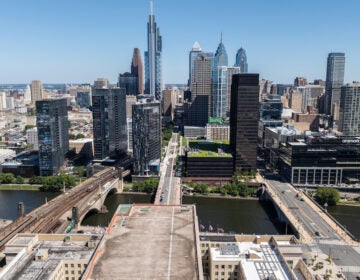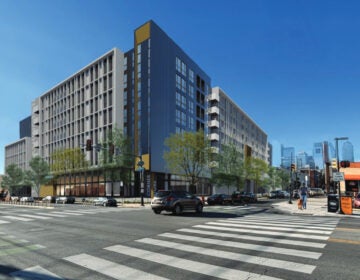Peter Kelsen

PETER KELSEN
Age:50
Education: B.A. in philosophy from the University of Pennsylvania; juris doctor from Case Western Reserve University in Cleveland, OH.
Professional: Zoning and land use attorney; Partner with Blank Rome LLP.
Volunteer/Community work: Long-time member of the Philadelphia Bar Association. Former chair of its real property section and co-chair of zoning and land use.
Personal: Married to Kate; two girls, 16 and 12.
Lives in: Lower Merion, for the past 16 years. Grew up in Mt. Airy. Also lived in West Philadelphia and Center City.
Appointer: City Councilwoman Joan Krajewski
Q&A
Why is zoning reform important to you? I think it is an important effort. We need, as a major city, a zoning code that reflects the city and reflects the modern times the city is experiencing. (The code) also serves as a guidepost for development for the next 20 to 30 years.
Why are you a good choice for this commission? Because all I do is zoning and land use work, I have a perspective that is going to be very helpful to the commission – in terms of what some of the problems are and how to best fix them and move the city in the direction of a modern, clear and effective zoning code. I’m in the trenches all the time.
What is the most pressing zoning issue Philadelphia faces? I think both from the community standpoint and the development standpoint, it’s the need for a clear and understandable zoning code — one that can be understood by everyone who uses it, whether they are a developer or a community representative. Also, going back to what I said earlier, Philadelphia needs a zoning code that really reflects the type of city we have now and the type of development we want to see taking place over the next generation or two. Our zoning code is probably effectively 60 or 75 years old. Amendments were made in the sixties, but there not been amendments of substance that have occurred since that time. We don’t have a code reflective of the modern era.
What should be done to address this issue? What we need to do is, first and foremost, is take the pulse of both the community and the developer base to see what issues they’re confronting on a regular basis as a result of the current zoning code. Then we should begin to address those in the reform process. Second, we should look at our sister cities who have undergone this process – cities that are similar to Philadelphia as far as being neighborhood-based – and see what we can learn from that. Then, we should distill everything we are getting with a view toward making this zoning code very user-friendly, very transparent, and very clear.
WHYY is your source for fact-based, in-depth journalism and information. As a nonprofit organization, we rely on financial support from readers like you. Please give today.






